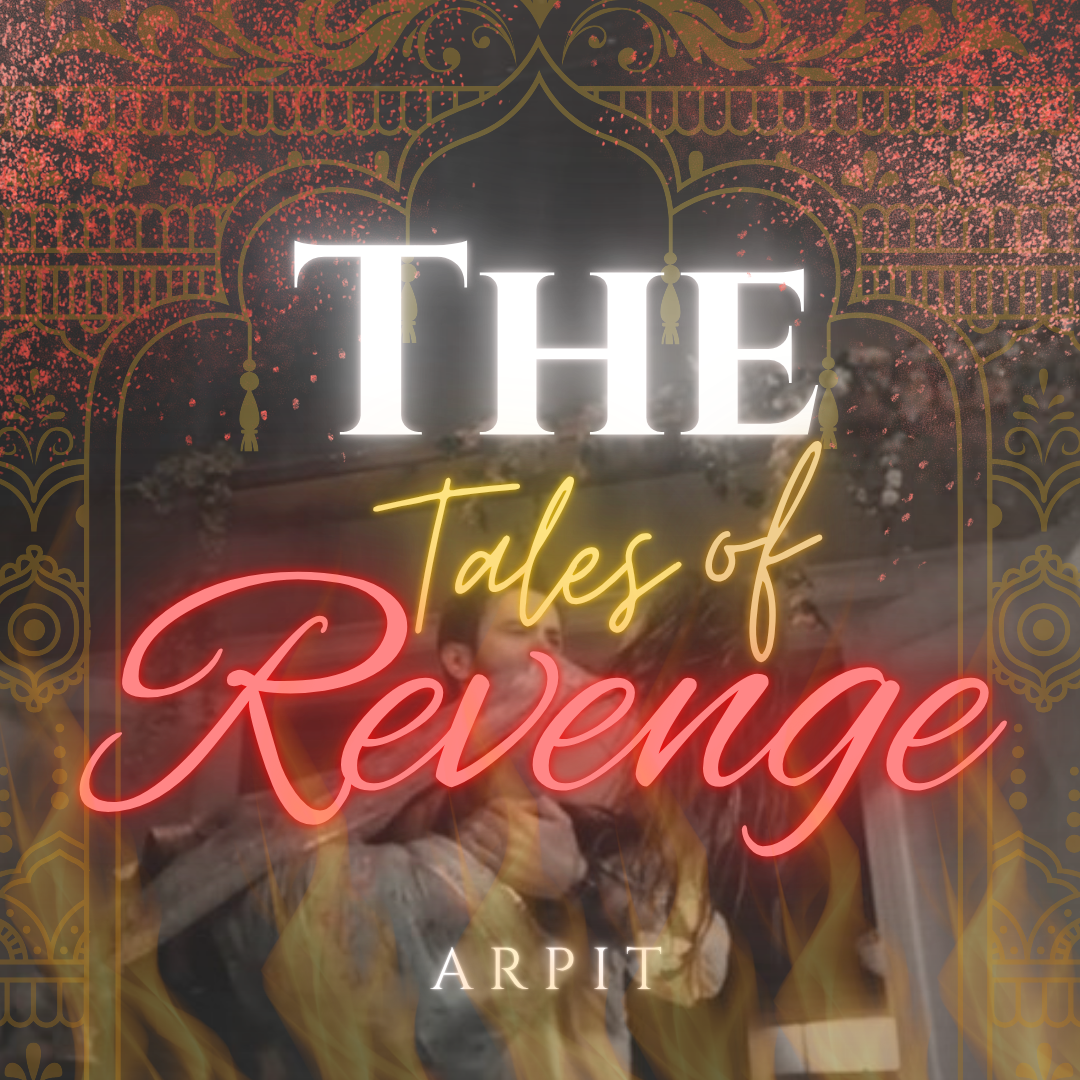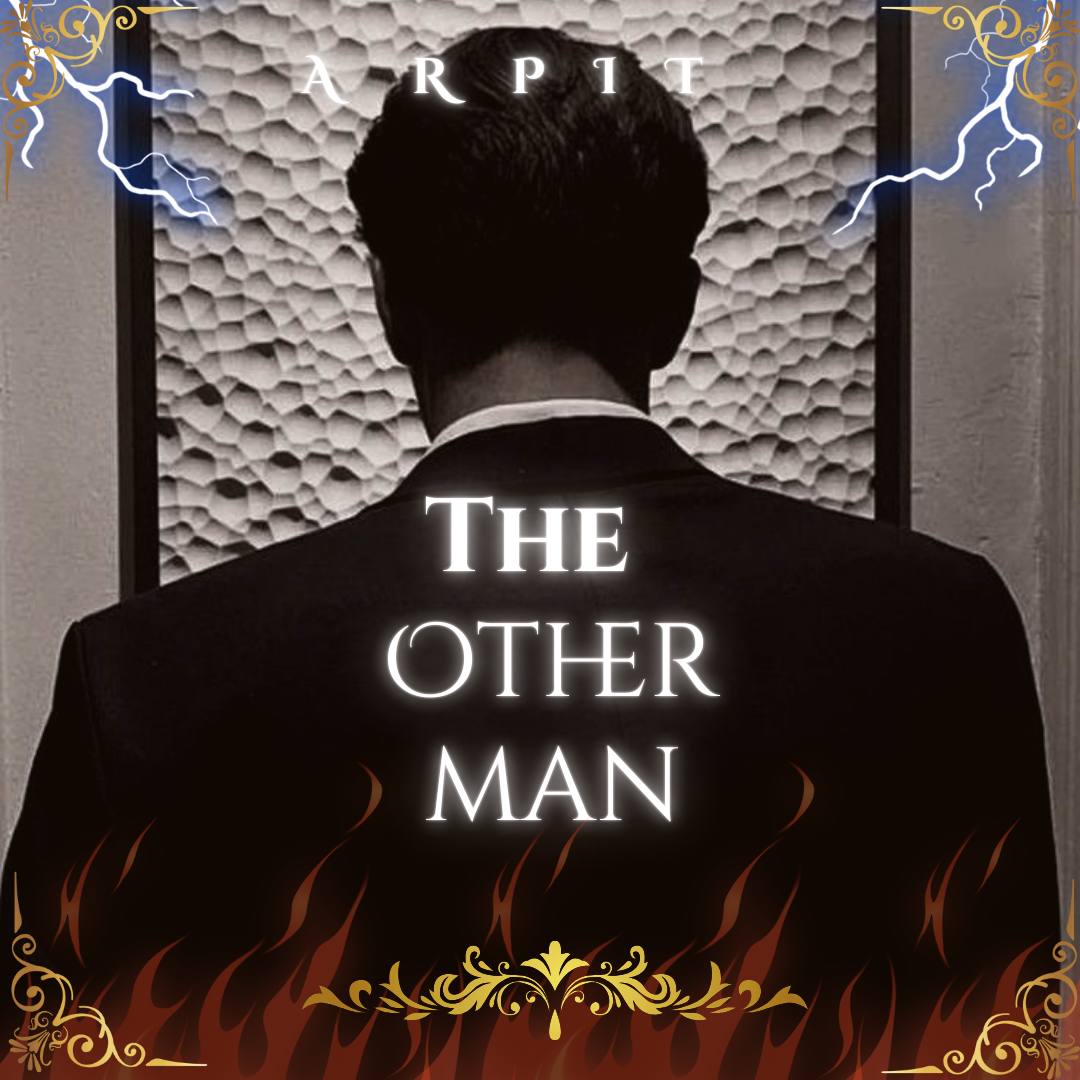
The train screeched to a halt with a groan of iron wheels against burning steel rails. Akhand stepped down onto the dusty platform of a small, sun-scorched station tucked away in the heart of rural Rajasthan. There was no crowd, no bustle—only the haunting cry of a lone peacock in the distance and the flutter of prayer flags on a forgotten shrine.
He adjusted the strap on his shoulder, his boots crunching on the cracked earth. The heat hit him like a wall, the sun overhead merciless, golden, and unforgiving.
A rusted signboard creaked in the wind:
“Mitha Baas – Population: 1,209”
There was no one to receive him. No guide, no carriage. Only the vast desert stretching beyond the horizon.
He found an old man near the chai stall who rented out jeeps—more rust than metal, but still breathing. After a brief exchange of rupees and directions, Akhand punched the ignition of the battered vehicle. It wheezed to life.
As he drove deeper into the desert, the landscape shifted—dry thorn bushes gave way to undulating dunes, and the wind began to whisper ancient songs through the open windows. Time slowed here, like the world itself was asleep.
The sun dipped slowly toward the horizon, painting the sky in swirls of ochre and blood-orange. Sweat clung to his back. The water bottle was long empty.
The jeep sputtered at the base of a dune and refused to move. He cursed under his breath, kicked the side of the vehicle, and stepped out—alone now, surrounded by nothing but sand and sky.
His throat burned with thirst. His lips were cracked.
That’s when he saw them—dots moving against the setting sun, like dancers in a mirage.
A small group of Banjaras—the desert’s wandering tribes—approached on camelback. Their turbans were crimson, their women wrapped in mirror-embroidered ghagras that sparkled like stardust. They looked like part of the land, carved from sun and song.
One of them, an elderly man with a salt-white beard and a gaze ancient as time, dismounted and approached him.
"Pyaasa hai?"
(Are you thirsty?)
Akhand nodded, barely able to respond.
The man handed him a brass lota filled with cool water drawn from their leather sack. The first sip was heaven. It tasted like life.
Another woman—her silver anklets chiming—gestured toward their camp nearby, nestled beneath a patch of scrubby trees where a small fire flickered in the growing dusk.
"Aaj raat hamare saath khaana kha lo, sheher ke raahi," the old man said.
(Stay for dinner with us tonight, city traveler.)
Akhand accepted.
He sat with them on a charpoy woven from rope, as lentils bubbled in a brass pot and bajra rotis roasted over open flames. Children danced to the beat of a dafli, and a woman hummed an old desert folk song—something about lost love and a camel that never returned.
As the stars blanketed the sky, Akhand watched silently. The night was cool now, and peaceful.
One of the younger Banjaras turned to him.
"Yeh zameen yaad rakhti hai, sahib. Jo isse sachcha pyaar kare, usse kabhi bhoolti nahi."
(This land remembers, sir. It never forgets those who truly love it.)
Akhand stared into the fire, the flames reflecting in his eyes. Something inside him shifted. A quiet stirring of purpose. A connection to the mother he lost, the land she came from, the dream she left behind.
That night, he slept under the open sky, his head resting on a rolled shawl, surrounded by people he had never met, in a place that somehow felt like it had been waiting for him all along.
The night lay heavy and silent, a blanket of stars stretched wide across the desert sky. The camp had fallen asleep, wrapped in the quiet lull of wind and ancient song. Akhand slept lightly on the charpoy beneath a sky that pulsed with memory and dust.
But the peace was broken.
A dry, rhythmic sound slithered through the sand like a whisper from the underworld.
Chik-chik-chik-chik...
A soft rattle—almost musical—yet unmistakably deadly.
Akhand’s eyes fluttered open.
His breath caught in his throat.
Just inches above his chest, its tongue flickering in the moonlight, was a rattlesnake. Long, coiled, and motionless—except for the hypnotic rattle of its tail. Its eyes were dark and unreadable. It stared, unmoving, as if weighing his soul.
Akhand didn’t move. He barely breathed. Fear clawed at his insides, but instinct held him still. Sweat beaded at his brow, rolling down the side of his face.
A sudden shadow moved.
Without a word, the old Banjara man who had offered him water earlier stepped quietly into view. His turban fluttered slightly in the breeze as he knelt, calm and barefoot, in the sand.
He raised his arm slowly—deliberately—and made a soft clicking noise with his tongue. With a deft flick of his walking stick, he nudged the snake from behind. The rattling ceased.
The serpent turned and slithered down Akhand’s body, disappearing into the sand as if it had never been there.
Only after the danger was gone did Akhand finally exhale, his chest rising and falling in a tremor of relief.
He sat up and turned to the old man.
"You saved my life..."
The man gave a faint smile, weathered by years of sun and wind.
"Shukar kar, tu zinda hai."
(Be grateful—you’re alive.)
Akhand caught his breath, then asked:
"Why didn’t you kill it? It could’ve bitten me."
The old man’s expression remained calm, almost reverent.
He sat beside Akhand and looked out at the dark dunes glowing under moonlight.
"Yeh registan hamara parivaar hai," he said quietly.
(This desert is our family.)
"In banjaron ka jeevan inhi ret ke dheron mein basta hai... yeh saanp, yeh kaante, yeh hawayein—yeh sab hamare apne hain. Hum kabhi apne parivaar ko nahi maarte."
(Our life as Banjaras is built among these dunes… the snakes, the thorns, the winds—they are all our own. We never kill our family.)
Akhand was silent, humbled by the simplicity—and the depth—of that truth.
"Sab zinda cheezein is mitti ki aulaad hain.
(Everything that breathes is a child of this soil.)
The old man rose and walked back to his sleeping mat, his silhouette swallowed again by the desert’s dark embrace.
Akhand lay back down, his heart still echoing the rattle of the snake—but his mind now filled with something else:
A deep respect.
Not just for the land.
But for the people who had learned to live in harmony with it.
For the first time in years, he closed his eyes not with grief, but with awe.
Sneak peek- Chapter 5
Akhand looked down into his cup, the steam curling into the air like smoke from old secrets.
"It’s not about property. She wanted to build something here… a school. A hospital maybe."
The man studied him quietly, then said:
"Good men come with dreams. But dreams don’t grow in sand unless you know how to bleed for them."
Akhand sipped the tea. It was bitter. And grounding.










Write a comment ...